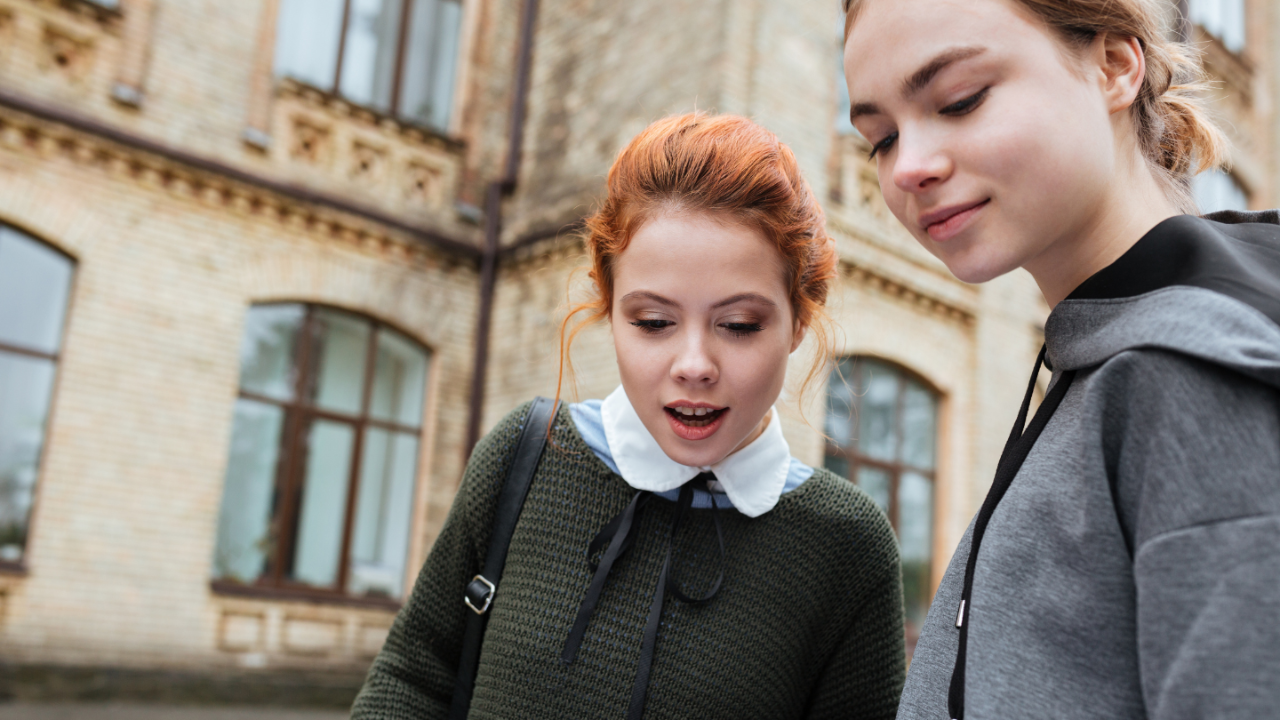
Safer educational visits for autistic pupils: turning evidence into practice
Sep 19, 2025Beyond the Classroom: Making Educational Visits Work for Autistic Pupils
A national survey of 487 schools reveals both the successes and challenges of providing inclusive educational visits for autistic pupils. The findings highlight inspiring examples, but also underline the need for systemic change.
High Participation, Strong Commitment
The research shows an encouraging picture:
-
89% of schools offer local area walks.
-
83% provide museum and gallery trips.
-
More than half (56.9%) organise residentials – despite the additional planning and complexity involved.
Only a tiny fraction of schools (0.4%) reported no activities at all, confirming that inclusion is now a widespread expectation rather than an exception.
Barriers That Matter Most
Behind the participation rates lie significant challenges. Schools reported three dominant barriers:
-
Sensory issues – 80%
-
Behaviour and regulation concerns – 73%
-
Staffing limitations – 71%
The report stresses that the most difficult obstacles are often social and attitudinal rather than physical. A pupil’s ability to cope is shaped less by architecture and more by how staff, venues, and the public respond to their needs.
Exclusion vs Differentiation
Not every pupil can take part in every visit. While 41% of non-participation decisions were linked to safety concerns, the report cautions against interpreting this simply as exclusion.
Thoughtful schools are finding differentiated alternatives – quieter tours, off-peak visits, or adapted activities – ensuring that pupils still gain meaningful experiences.
This shift reflects the understanding in DSM-5 that difficulties often arise when “social demands exceed limited capacities.” Inclusion doesn’t always mean identical participation.
The “Making It Work” Philosophy
Perhaps the strongest message is a change in mindset:
-
From: “Can this pupil manage this activity?”
-
To: “How can we make this activity work for this pupil?”
Schools adopting this approach have enabled pupils to take part in everything from theatre trips to international exchanges. Success depends not on the destination, but on the problem-solving attitude of staff.
What Works: Evidence-Based Support
The report identifies three near-universal strategies:
-
1:1 or key adult support – used in 94% of schools.
-
Sensory accommodations – ear defenders, fidgets, comfort items (90%).
-
Visual preparation – social stories, schedules, and guides (85%).
Partnership with parents also emerges as vital – not as a replacement for school responsibility, but as a genuine collaboration to prepare and support pupils.
Venues That Make a Difference
Schools highlighted venues that stood out for their autism-friendly approaches. These included:
-
Legoland – with dedicated sensory areas.
-
Harry Potter Studios – offering quiet rooms and sensory information.
-
Beamish Museum – providing flexible indoor/outdoor options and sensory toys.
-
London Transport Museum – supplying sensory bags and helpful guidance.
Venues that see autistic behaviour as communication, not defiance, were praised most highly.
The Path Forward
The survey calls for scaling isolated examples of excellence into sector-wide practice. That means:
-
Funding models that recognise the need for intensive support.
-
Professional development that equips staff with confidence as well as strategies.
-
Public awareness campaigns that normalise inclusive approaches.
As the report concludes, “with proper understanding, preparation, and resources, virtually any experience can become accessible to autistic learners.”
Why This Matters
Educational visits are more than just trips – they are opportunities for autistic pupils to:
-
Build independence.
-
Develop confidence.
-
Experience belonging within their school and community.
The findings make clear that inclusion is not just possible, it is transformative.
Access the full report
Download: Beyond the Classroom: Educational Visits for Autistic Pupils FULL REPORT
Download an executive summary here: Beyond the Classroom: Educational Visits for Autistic Pupils - QUICK READ
Are you signed up for the Safeguarding Briefing?
You can unsubscribe at any time and will we never pass your details on to anyone else.
